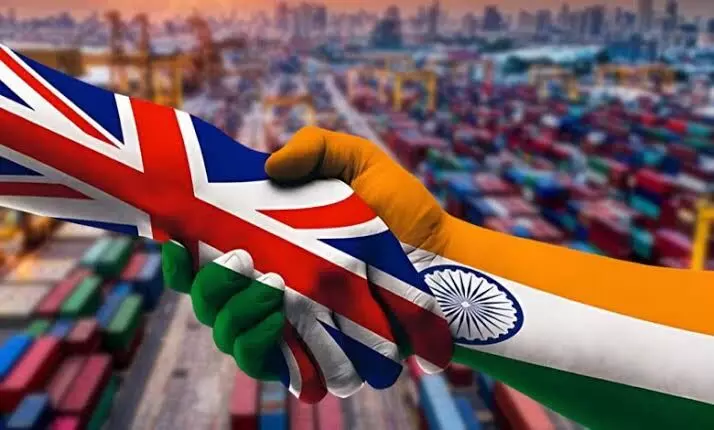
A Historic Trade Milestone
In a significant development in international trade relations, India has granted UK firms access to its vast government procurement market, valued at approximately £38 billion annually. This move comes under the newly signed Free Trade Agreement (FTA) between the two nations, finalized on May 6, 2025. The agreement, hailed as the UK’s most economically significant bilateral trade deal since its exit from the European Union, aims to bolster economic ties and open new avenues for business collaborations.
Access to Over 40,000 Government Tenders
Under the terms of the FTA, UK companies are now eligible to bid on over 40,000 central government tenders in India. These tenders encompass a wide range of sectors, including infrastructure, defence, healthcare, and technology. The inclusion of UK firms in this expansive procurement process is expected to foster competition, enhance quality standards, and bring in global best practices to India’s public sector projects.
Strategic Implications for UK Businesses
For UK businesses, this access represents a substantial opportunity to tap into one of the world’s largest and fastest-growing economies. The Indian government’s commitment to transparency and efficiency in its procurement processes further enhances the attractiveness of this market. UK firms specializing in areas such as construction, engineering, IT services, and public health are particularly well-positioned to benefit from this expanded market access.
India’s Perspective on the Agreement
From India’s standpoint, the inclusion of UK companies in its procurement processes aligns with its broader objectives of enhancing infrastructure, modernizing public services, and fostering innovation. By inviting international competition, India aims to improve the quality and cost-effectiveness of its public sector projects. Additionally, the agreement is seen as a step towards strengthening bilateral ties and promoting economic diplomacy.
Potential Challenges and Considerations
While the agreement opens up significant opportunities, it also presents challenges. Indian companies may face increased competition from established UK firms with greater resources and experience in international markets. To mitigate this, the Indian government may need to implement measures to support domestic businesses, such as capacity-building initiatives and preferential treatment for certain sectors.
Looking Ahead
The India-UK FTA marks a new chapter in the economic relationship between the two nations. By granting UK firms access to a substantial portion of its government procurement market, India is signalling its openness to international partnerships and its commitment to economic reforms. As both countries work towards implementing the provisions of the agreement, the coming years are expected to witness increased collaboration, mutual growth, and a deepening of economic ties.



































Leave a Reply